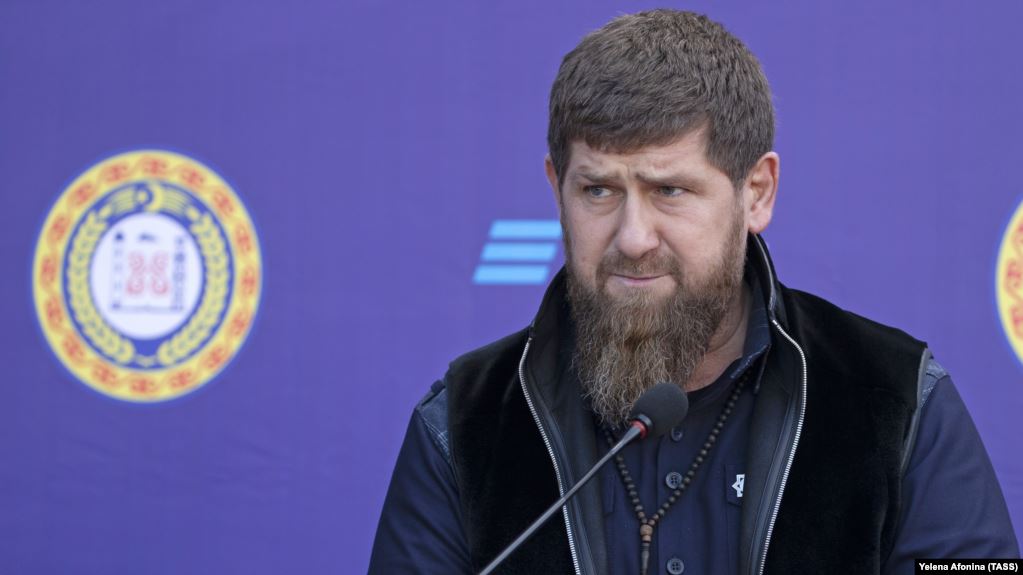MOSCOW – Russian independent newspaper Novaya gazeta says it has taken down an article about measures introduced to tackle the coronavirus in the North Caucasus…

MOSCOW – Russian independent newspaper Novaya gazeta says it has taken down an article about measures introduced to tackle the coronavirus in the North Caucasus region of Chechnya following a request by the country’s media regulator, Roskomnadzor.
The Kremlin-backed leader of the region, Ramzan Kadyrov, had slammed the article as “absurd” and threatened to harm the author, Yelena Milashina.
Novaya gazeta’s editor-in-chief, Dmitry Muratov, said Roskomnadzor demanded the removal of the article on April 15, claiming it contained “false” information about the spread of the coronavirus in Chechnya.
Muratov said the newspaper might appeal the decision, which comes as international media watchdogs accuse the Russian government of stepping up its control of news reporting in connection with the coronavirus pandemic on the pretext of combating disinformation.
The representative on media freedom for the Organization for Security and Cooperation in Europe (OSCE), Harlem Desir, expressed concern about Roskomnadzor’s move, saying that “media must be able to report on the pandemic, and citizens must have access to information.”
He also strongly condemned “death threats” against Milashina, a recipient of the 2013 International Woman of Courage Award, saying: “This is worrying and should stop immediately. Journalists must have the right to report on COVID19 without intimidation.”
Gulnoza Said, Europe and Central Asia program coordinator at the New York-based Committee to Protect Journalists (CPJ), said journalists “are already facing immense danger in covering the COVID-19 pandemic, and should not also have to endure threats against their lives by political leaders.”
Milashina’s April 12 article focused on the lack of protective gear for medical personnel in Chechnya and local authorities’ mass detention of residents who allegedly violated strict quarantine measures.
The next day, Kadyrov accused Novaya gazeta journalists of being “traitors who receive prizes abroad” and blamed the Federal Security Service (FSB) for not silencing Milashina, according to a transcript of his remarks published by the newspaper.
“If you [the security services] want us to commit a crime and become criminals, then say so. Someone will take the burden of responsibility and will be punished under the law,” the Chechen leader said.
Milashina said she had appealed to Russia’s Investigative Committee and to the Prosecutor-General’s Office, but got no answer, according to the CPJ statement.
The group quoted the journalist as saying that she was “really afraid, as Kadyrov’s threats are really serious and he is a dangerous man. I know that if he really decides to kill me, he will do it.”
A total of 38 journalists have been killed in Russia in retaliation for their reporting since 1992, according to CPJ. At least six had covered Chechnya.
Rights groups say Kadyrov, who has ruled the volatile region since 2007, uses repressive measures and has created a climate of impunity for security forces in the region. They allege Kadyrov is ultimately responsible for the violence and intimidation of political opponents by Chechen authorities, including kidnappings, forced disappearances, torture, and extrajudicial killings.
Last month, CPJ urged Russian authorities “to stop censoring news outlets” that report on the coronavirus outbreak.
Meanwhile, Reporters Without Borders (RSF), the Paris-based media watchdog, accused Roskomnadzor of targeting Russian journalists covering the coronavirus crisis.
